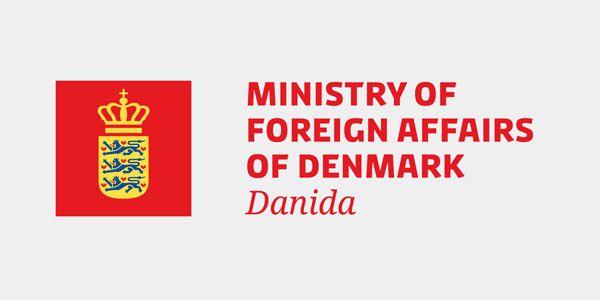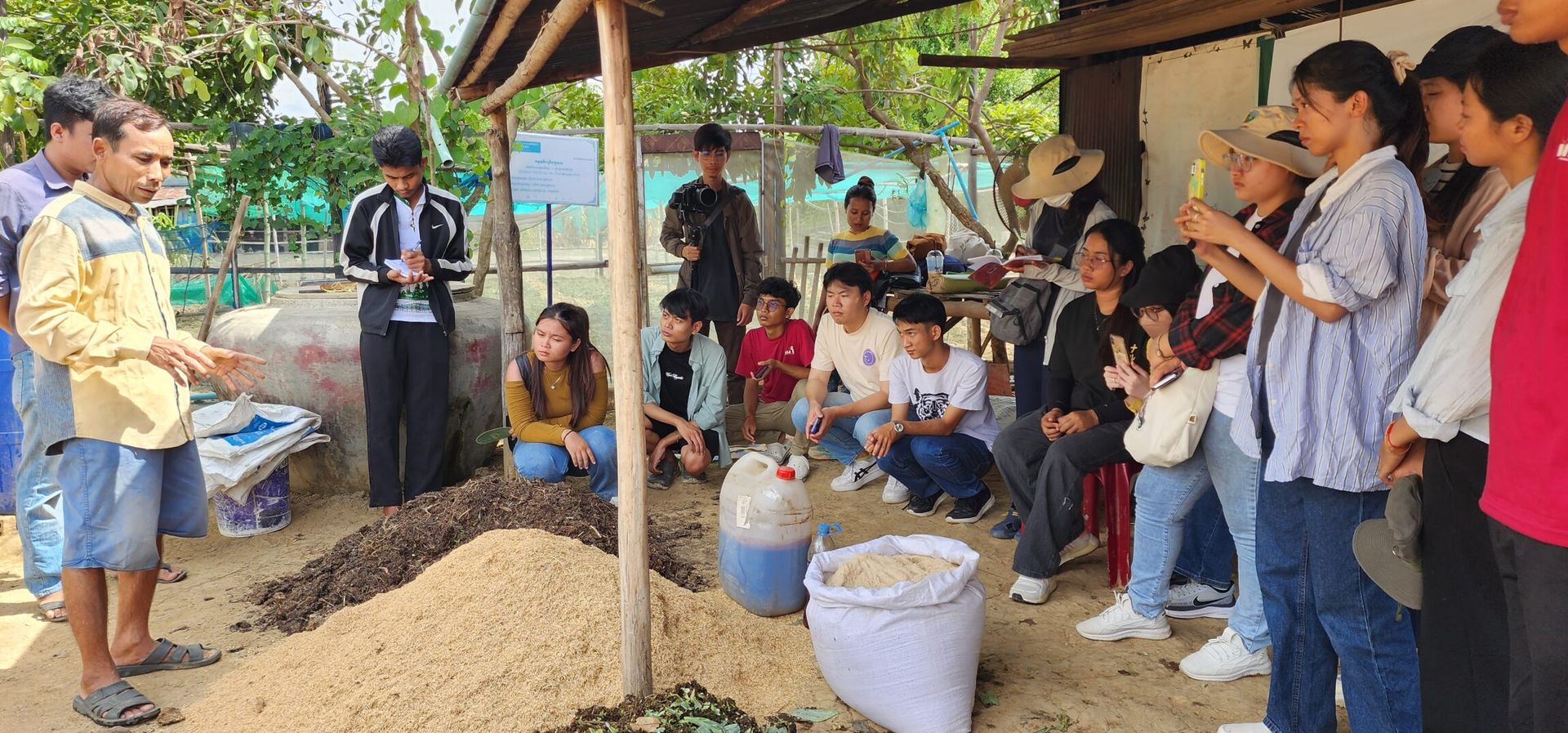The Issue
Cambodia’s small-scale agricultural sector is at a crossroads between the influence of conventional intensification models and low-efficiency traditional models. While the former are heavily reliant on chemical inputs, unsustainable techniques, and investment capital, the latter have valuable knowledge but are hindered by outdated technology, lack of access to innovation and critical information, and economic instability. Low revenues and unemployment in the agricultural sector are forcing young farmers to migrate to urban areas seeking a decent living. This affects especially women who typically face more insecure livelihoods and have limited agricultural decision-making power compared to men.
The Project
The global challenges that we are facing demand deep changes in our food system. Agroecology offers an alternative to the outdated, industrialized agricultural approach. It aims to transform the food systems with focus on sustainability and social justice. Agroecological practices boost beneficial interactions between the different elements of the farm, restoring soil and fertility, strengthening the health of plants and animals, and providing diversified and healthy diets to humans. The model promotes farmers’ leadership and equal decision-making, while it also offers a new paradigm through the strengthening of local circular markets and the solidarity economy.
The Change
The overall goal of the project is to support vulnerable farmers, especially women, youth and minority groups to adapt to climate change and enjoy resilient livelihoods. This is done by improving their inclusion in green and sustainable food and market systems, with necessary infrastructures, extension services, finance schemes, and market linkages.

The Results
As the project is still being implemented, there are no reported results yet. However, DCA has partnered with Sustainable Soil for Life (SSLA), an organization with a strong track record in empowering communities through agroecology. SSLA’s previous EAT project, which ran from 2021 to 2023, equipped 245 farmers, women, and youth with agroecological skills, fostering knowledge sharing and climate-resilient practices. Notably, 37 farmers strengthened organic food production and 14 youth launched agroecological businesses. This experience positions SSLA for impactful project implementation.
Our work
DCA works in Cambodia to promote sustainable livelihoods for smallholder farmers and to support increased agricultural production and income. This is done by facilitating knowledge sharing, introducing innovative drought-resistant agricultural technologies and agro-ecology, and by working with farmers to design and manage systems to minimize external/artificial inputs. Agro-ecology also shortens the food chain and empowers smallholder farmers to strengthen their relationships with consumers, promoting the resilience of our food system. Together, these initiatives support DCA’s goal of building resilient communities.
About the project
Full title: Enhancing Agroecological Transition II (EAT II)
Period: January 2024 – December 2026
Partner: Sustainable Soil for Life (SSLA)
Funding: 1,337,708 DKK
People reached: Direct beneficieries: 260 women and 155 men. Indirect beneficieries: 1170 women and 697 men.
Main Donors: Danida


